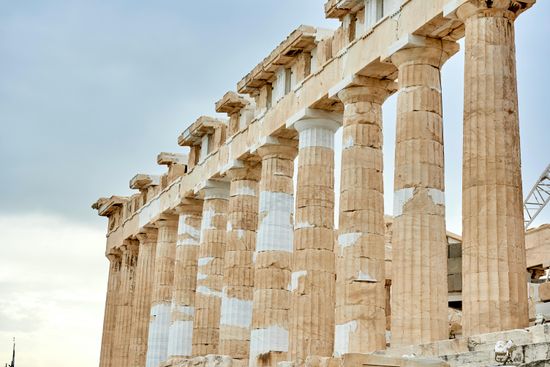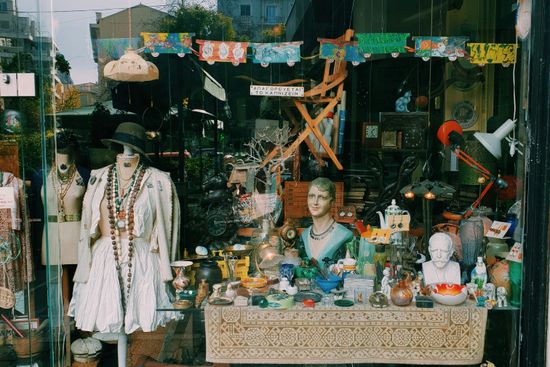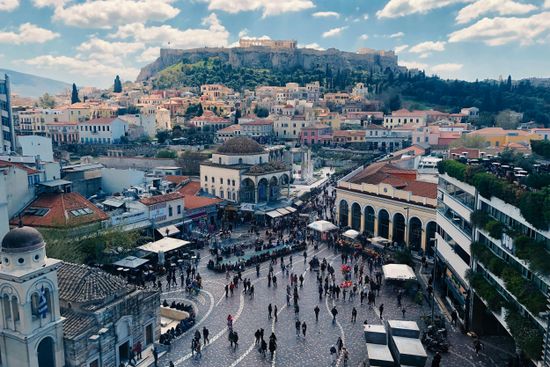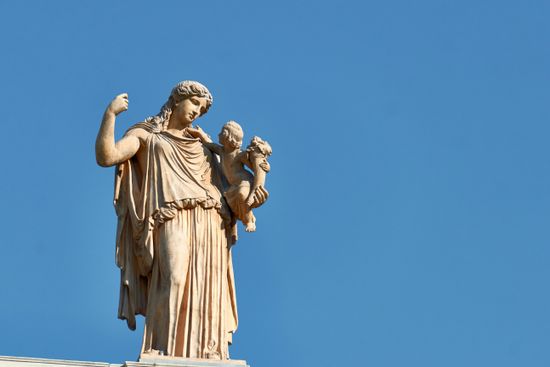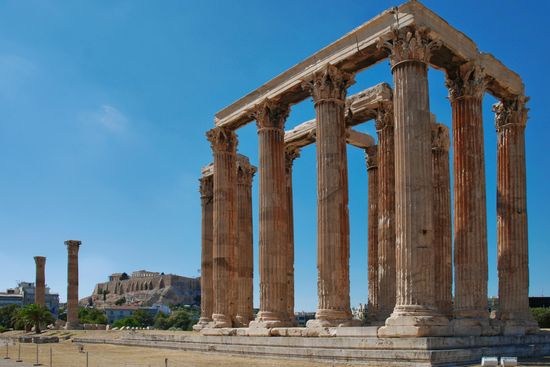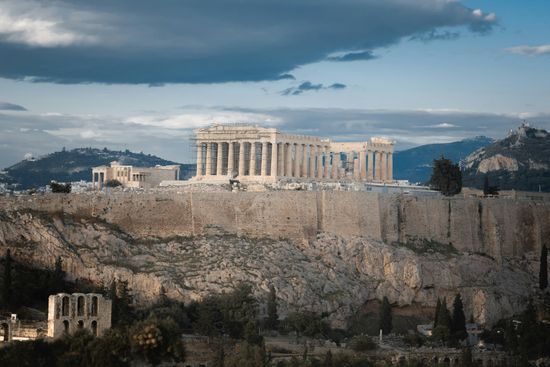
Ancient Agora
The ancient agora was a central public space in Greek city-states, serving as the heart of social, political, and commercial life. The word "agora" (ἀγορά) in Greek means "gathering place" or "assembly." These spaces were crucial to the development of ancient Greek culture, acting as hubs where citizens could congregate for various activities.
On a typical day, the agora would be filled with the sounds of merchants advertising their goods, philosophers engaging in lively discussions, and citizens conducting official business. It was a lively, bustling area, reflective of the vibrant public life of the ancient Greeks. Women, slaves, and foreigners (metics) were generally present but had limited participation in the political aspects of the agora.
The ancient agora was much more than just a marketplace; it was a symbol of Greek democratic life and civic engagement. It embodied the values of freedom of speech, assembly, and the pursuit of knowledge. It was a place where the physical and intellectual life of the city flourished, shaping the political and cultural landscape of the ancient world. In essence, the agora was the beating heart of the polis (city-state), where democracy, philosophy, commerce, and culture converged.
